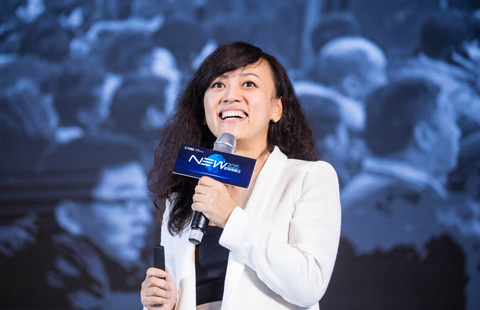NDRC tasked to draft antitrust guidelines and shape market expectations
By Lan Lan (China Daily) Updated: 2015-11-06 09:48The country's top economic planner said on Thursday it has been tasked to draft six antitrust guidelines to further clarify the existing laws and rules, so as to give the market clearer expectations and improve transparency in antitrust enforcement.
The National Development and Reform Commission said the Anti-Monopoly Committee of the State Council, the top antitrust supervisor, has authorized it to draw up the draft guidelines.
The NDRC is one of the three agencies that deal with antitrust activities and investigations.
The new draft will include antitrust guidelines for the automobile industry, prohibition of the abuse of intellectual property rights, leniency policies, the undertakings' commitments, calculation of illegal gains and fines, and exemption procedure of antitrust agreements, Dong Zhiming, an official of the Department of Price Supervision under the NDRC, said on Thursday.
As part of the drafting process, the NDRC will solicit stakeholders' opinions and suggestions through questionnaires and seminars.
Huang Yong, director of the Center for Competition Law at the University of International Business and Economics, said China is a young player in antitrust law enforcement as its anti-monopoly law has been in place for only seven years. Yet, regulators here have been handling very complicated issues similar to those in other countries.
"It's very necessary and urgent to elaborate the existing law, drawing lessons from the past, particularly some technical issues, to lay a foundation for future law enforcement," said Huang.
The six guidelines being drafted, he said, will not be laws. Dong of the NDRC said the draft guidelines covering monopolistic conduct and the abuse of intellectual property rights have been formulated.
The antitrust guidelines will affect IPR products and service providers, a broad group that includes the information technology and telecommunications industries, the medical sector, vehicles, machinery and seeds for the agriculture sector, and other technology-intensive activities, said experts.
Jessica Su, an antitrust scholar and associate professor at the Institute of American Studies at the Chinese Academy of Social Sciences, said the IPR guidelines are expected to cover three major types of monopolistic conduct: IPR-related monopoly agreements, abuse of dominant market positions and business concentration.
Also, the NDRC has started drafting antitrust guidelines for the automobile industry in recent months, which are likely to involve issues emerging from online sales and parallel car imports. A draft is likely to be finished for public consultation by the end of the year, said officials.
- Exporter hopes new pomelo business will grow
- Chinese textile firms look to thrive in new hot spot
- CGN consortium close to power deal in Malaysia
- Jebsen launches $40m lube oil facility
- TCL brings new vision to Vietnam market
- Mars goes far on a sweet mission
- China's exports to remain flat, imports to fall this year
- Sany settles dispute with US govt















